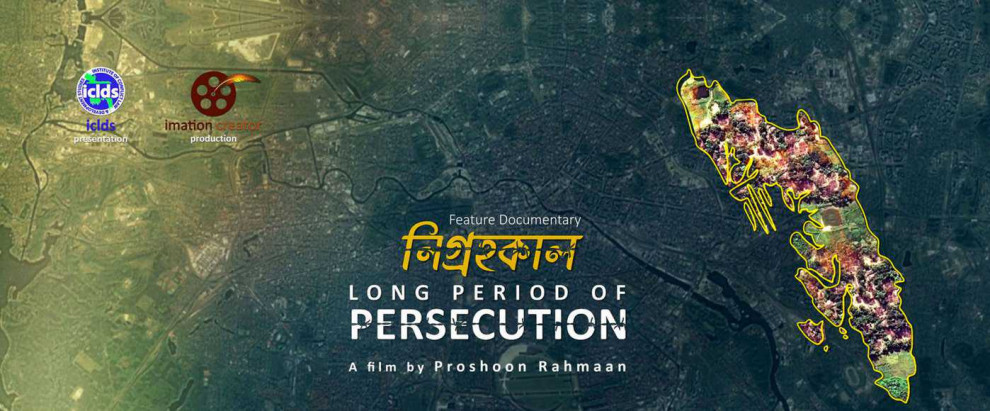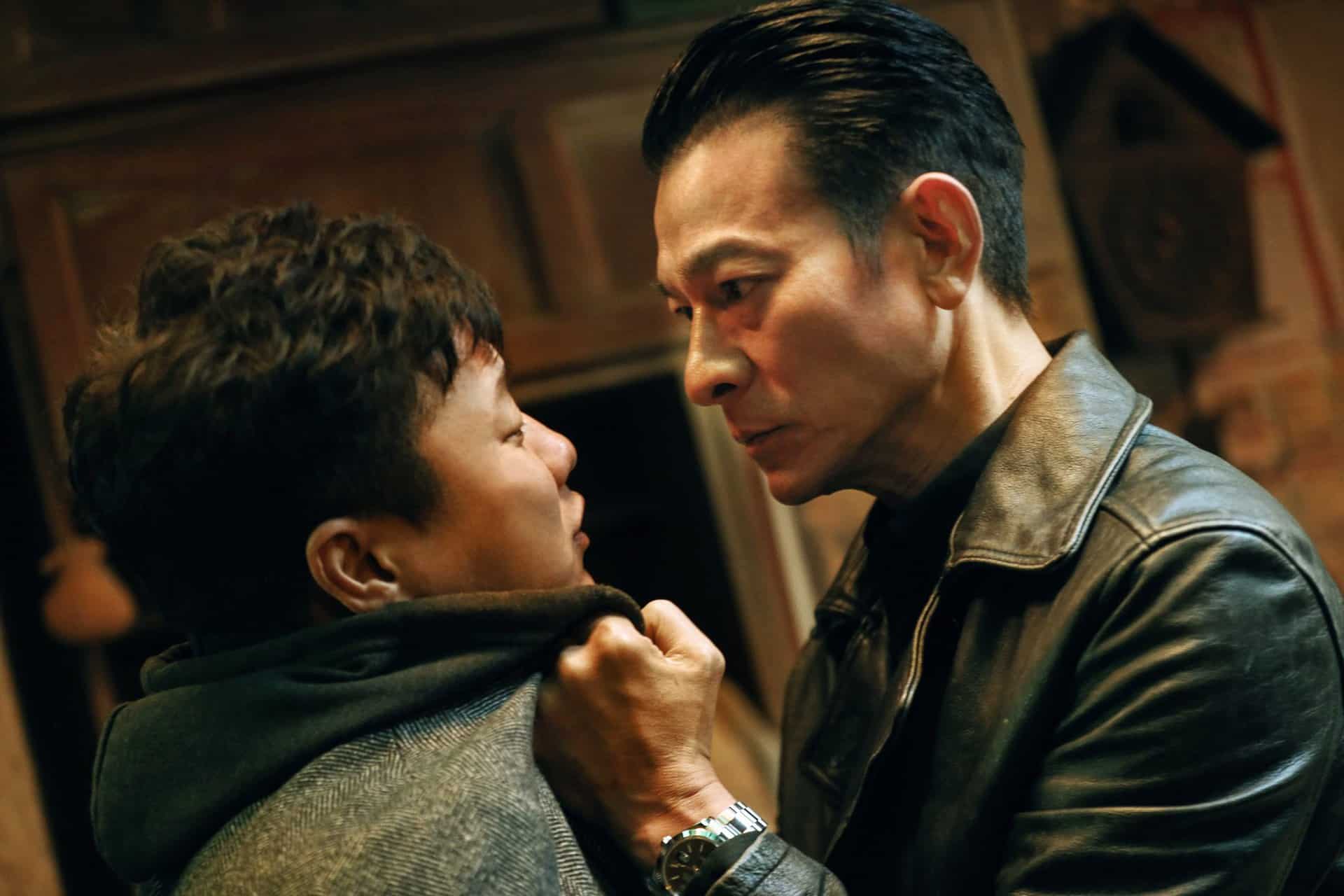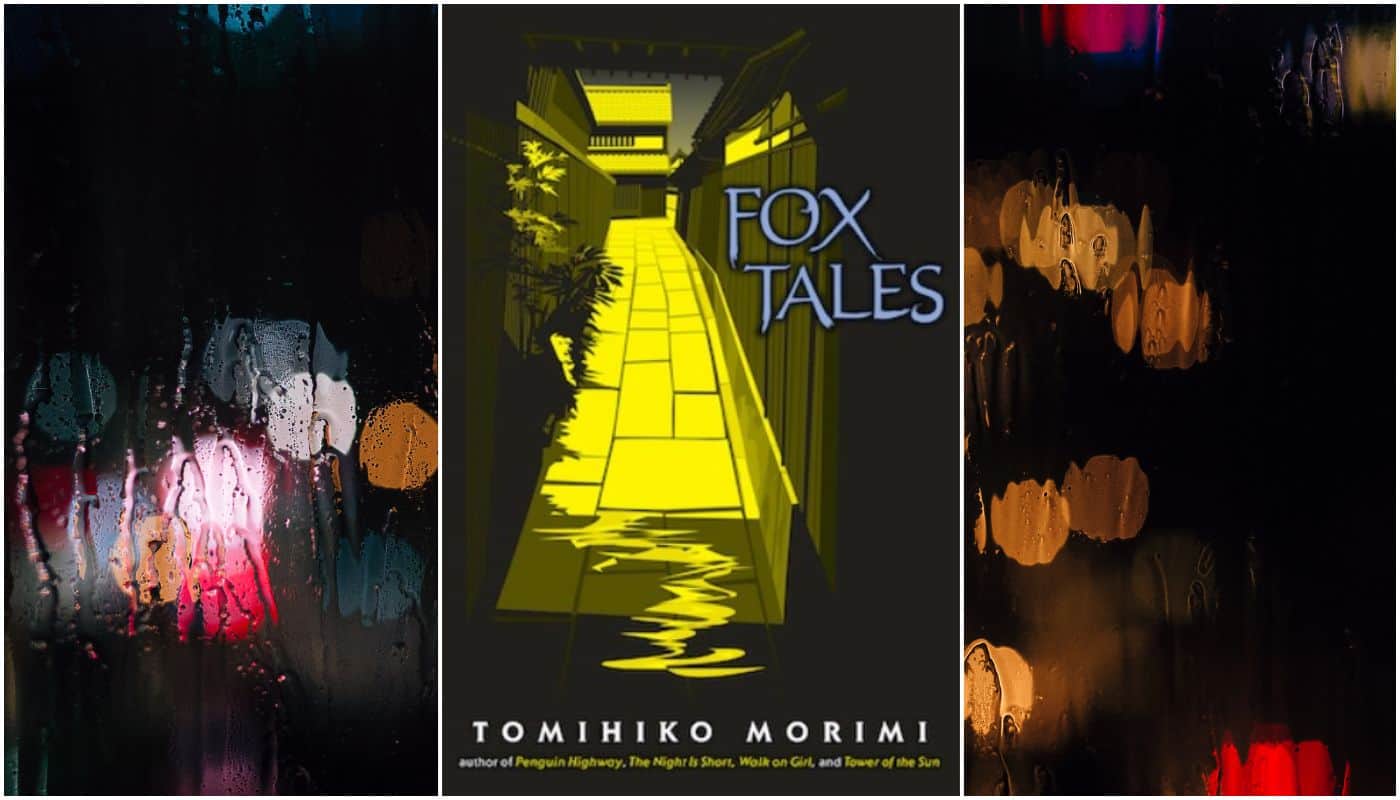Rohingyas, an indigenous population of Myanmar have faced decades of discrimination and repression under successive Burmese military regimes. Effectively denied Citizenship Rights by the 1982 Citizenship Law, they are one of the largest stateless populations in the world. The persecutions became more intense and more violent during 2017, and in the August of the same year, more than 700,000 of the 1,1 million living in Myanmar's Rakhine State, were forced to seek refuge in neighboring Bangladesh. At the moment, they are staying at an immense refugee camp in Cox's Bazar in Bangladesh.
The atrocities committed by Myanmar's security forces, including mass killings, sexual violence, and widespread arson, according to UN investigators are now considered as genocide. However, the Rohingyas still want to return to Myanmar, but two attempts of repatriation have failed as the refugees said the guarantee of citizenship and safety was not ensured. At the same time, their living on Bangladeshi ground has takes a significant financial toll at the country, although its officials put the blame directly on the Myanman government.
Proshoon Rahman directs a very thorough documentary that focuses exactly on what the title of the film says. His effort to highlight the history of the Rohingyas, both political and ethnical and the events that led them to this situation is more than successful, particularly because it highlights the fact that there is no exact reason for this, apart from, maybe, racism. The interviews with the leaders of the refugees and “simple” Rohingya shed light to the case on a personal level, with the scenes where a number of them show the wounds that they carry from the attacks of the Myanmar army being one of the most shocking parts of the documentary.

At the same time, through interviews with 20 experts, including ones of international and Bangladeshi law, members of the political leadership of the country, professors, members of the International Organization for Migration and many others, also highlights the situation on a wider, political and international level. The only thing that is missing from the research is the opinion of the Myanmar Government and Army side, which would have shed even more light in the situation, although I can understand why something like this would be particularly difficult.
Rahman follows an approach that lingers somewhere between the informative documentary and cinematic artistry, which succeeds in presenting the issue in a way that is also pleasant to the eye, if one can say something like this for such a subject. In that fashion, both Abdullah Al Naser and Sujon Mehmud's cinematography and Naser again, Saiful Haque and Junayed Rahman's editing implement this tactic excellently. The former highlights the reality of the Rohingya without though stripping the visual aspect of the film from images of beauty, and the former connects the different aspects of the documentary in a way that retains interest for the whole of its duration. Rabhar Khan's narration also helps in that regard through his captivating voice.
The only aspect I found somewhat unfit for the narrative is the background music, which at times, kind of distracted from what was actually going on. This, however, is a minor fault and does not hinder the overall great aesthetics of the film particularly
“Long Period of Persecution” presents a very important issue quite thoroughly through a cinematic approach that is quite captivating, and I do not think there is anything more one can from a documentary.















